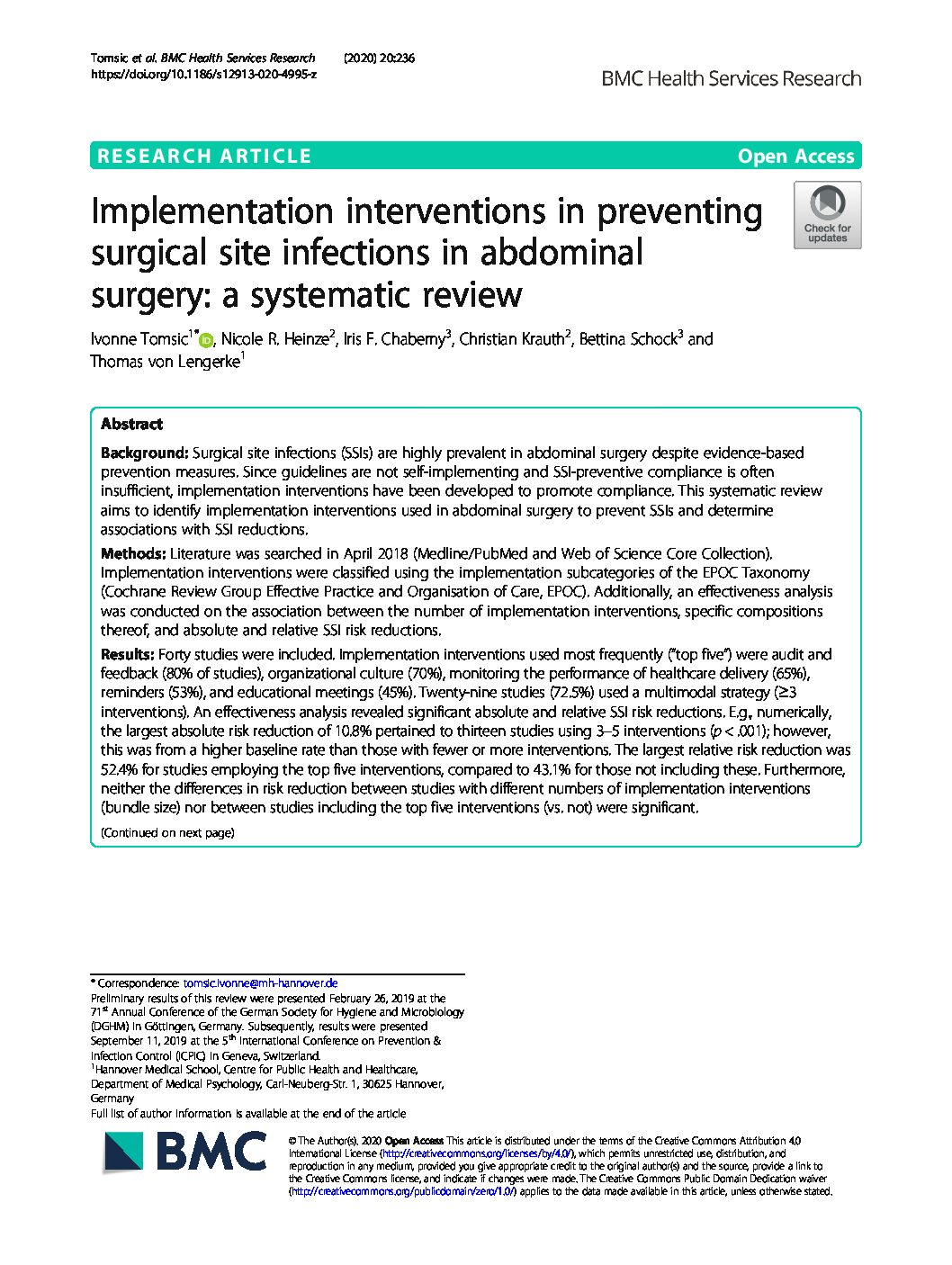Article Chemicals inhaled from spray cleaning and disinfection products and their respiratory effects. A comprehensive review
Adverse respiratory effects have been linked with spray cleaning and disinfection products amongst professional cleaners during cleaning. This paper…

